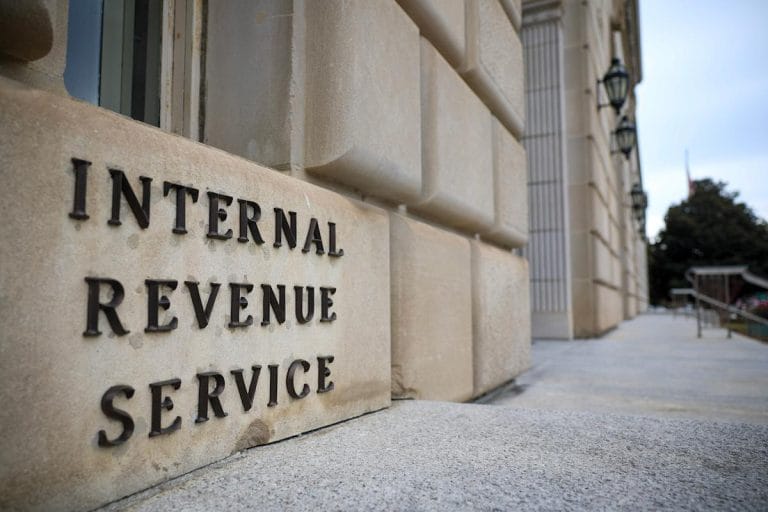🎧 Listen to This Article
As the urgency of tax season fades, many Americans assume that opportunities to address outstanding IRS debts have vanished alongside the April 15 deadline. Yet June is not a dead end for individuals still burdened by unpaid federal taxes. It may be a strategic moment to act.
According to IRS guidelines, several forms of tax relief remain accessible well beyond the traditional filing deadline. Whether you’ve filed but haven’t paid or you’re still navigating complex financial hardship, proactive engagement can prevent penalties from escalating and, in many cases, open the door to structured solutions.
Relief Options Still on the Table
The IRS continues to offer payment plans for eligible taxpayers:
- Short-term arrangements (up to 180 days) for balances under $100,000.
- Installment agreements for longer-term repayments.
More nuanced solutions, like an Offer in Compromise, allow taxpayers to settle for less than they owe when they can demonstrate genuine financial hardship. Meanwhile, those facing severe strain may apply for Currently Not Collectible (CNC) status, temporarily pausing enforcement actions.
Timing Still Matters
While these programs remain open, time is not on your side. Interest accrues daily, and unpaid liabilities can trigger collection activities, including wage garnishment or tax liens. June is not too late, but it is no longer early.
“People often think the IRS closes the book after April, but that’s a myth,” says Maria Dunley, a CPA and tax resolution expert. “If anything, this is the time to act quickly and smartly before enforcement ramps up.”
Penalty Relief and Goodwill
Taxpayers in good standing historically, those who have filed and paid on time in past years, may also qualify for penalty abatement, especially if hardship is documented. Health crises, employment loss, or caregiving responsibilities are among the scenarios the IRS may weigh in granting leniency.
Seeking Support: A Smart Investment
Navigating IRS channels can be complex. While the IRS offers online tools and forms, many taxpayers benefit from guidance from enrolled agents, CPAs, or tax attorneys. These professionals can interpret eligibility, submit documentation accurately, and negotiate more effectively on your behalf.
Importantly, reputable assistance does not come with promises of “instant forgiveness” or zero-risk outcomes. Experts advise consumers to vet relief firms for proper licensure and transparent fees.
The Bigger Picture
For many Americans, tax debt is not a reflection of negligence but a symptom of broader economic strain. Inflation, medical expenses, and volatile employment have placed millions in difficult positions. However, the IRS, for its part, offers tools to ease the path forward for those willing to take the first step.
Ignoring a tax issue won’t make it disappear. But by acting in June, taxpayers can still take control on their terms.
For further details, clarification, contributions, or any concerns regarding this article, please get in touch with us at editorial@tax.news. We value your feedback and are committed to providing accurate and timely information. Please note that our privacy policy will handle all inquiries.



